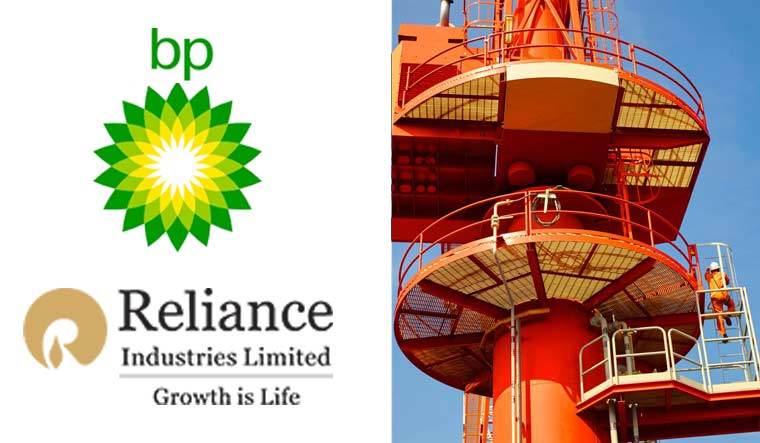Reliance Industries and its British partner BP have finally started production from the R Cluster, an ultra-deep-water gas field in the KG D6 block in the Bay of Bengal off the east coast of India.
RIL and BP are developing three deepwater gas projects in block KG D6—R Cluster, Satellites Cluster and MJ—which together are expected to meet 15 per cent of India’s gas demand by 2023.
R Cluster is the first of the three projects to come on stream. Located at a water depth of greater than 2,000 meters, it is the deepest offshore gas field in Asia. The field is located about 60 kilometres from the existing KG D6 Control & Riser Platform (CRP) off the Kakinada coast and comprises a subsea production system tied back to CRP via a subsea pipeline.
We’ve started gas production off the coast of East India. It's the first of three new deep-water gas projects in the block – and the deepest in Asia. Together, these projects are expected to meet 15% of India’s gas demand – helping India move to a gas-based economy.
— bp (@bp_plc) December 18, 2020
The production from this cluster was expected to begin earlier this year but was delayed due to the COVID-19 pandemic and the nationwide lockdown that was announced in April.
“Up until March 2020, all projects have been ahead of schedule. However, the outbreak of the COVID-19 pandemic and consequent lockdowns have presented unprecedented constraints in the execution of these deepwater projects,” Reliance had said in its annual report.
The field is expected to reach plateau gas production of about 12.9 million standard cubic meters per day (mmscmd) in 2021.
“This is a significant milestone in India's energy landscape, for a cleaner and greener gas-based economy. Through our deep-water infrastructure in the Krishna Godavari basin we expect to produce gas and meet the growing clean energy requirements of the nation,” said Mukesh Ambani, chairman and managing director of RIL.
While the production has begun from the R Cluster, the next project, the Satellites Cluster, is expected to come onstream in 2021, followed by the MJ project in 2022, the company said.
Peak gas production from the three fields is expected to be around 30 mmscmd by 2023, which is expected to be about 25 per cent of India’s domestic production and will help reduce the country’s dependence on imported gas, added RIL. The two companies had already committed an additional $5 billion towards monetising the reserves from the three projects.
“This start-up is another example of the possibility of our partnership with Reliance, bringing the best of both companies to help meet India’s rapidly expanding energy needs,” said Bernard Looney, chief executive of BP.
Earlier in February this year, RIL and BP ceased production from D1, D3 field in the KG D6 block. The D1 D3 field was India’s first deepwater gas field, where production had begun in April 2009. The field would have ceased production in 2015 due to issues of reservoir pressure and water ingress.







